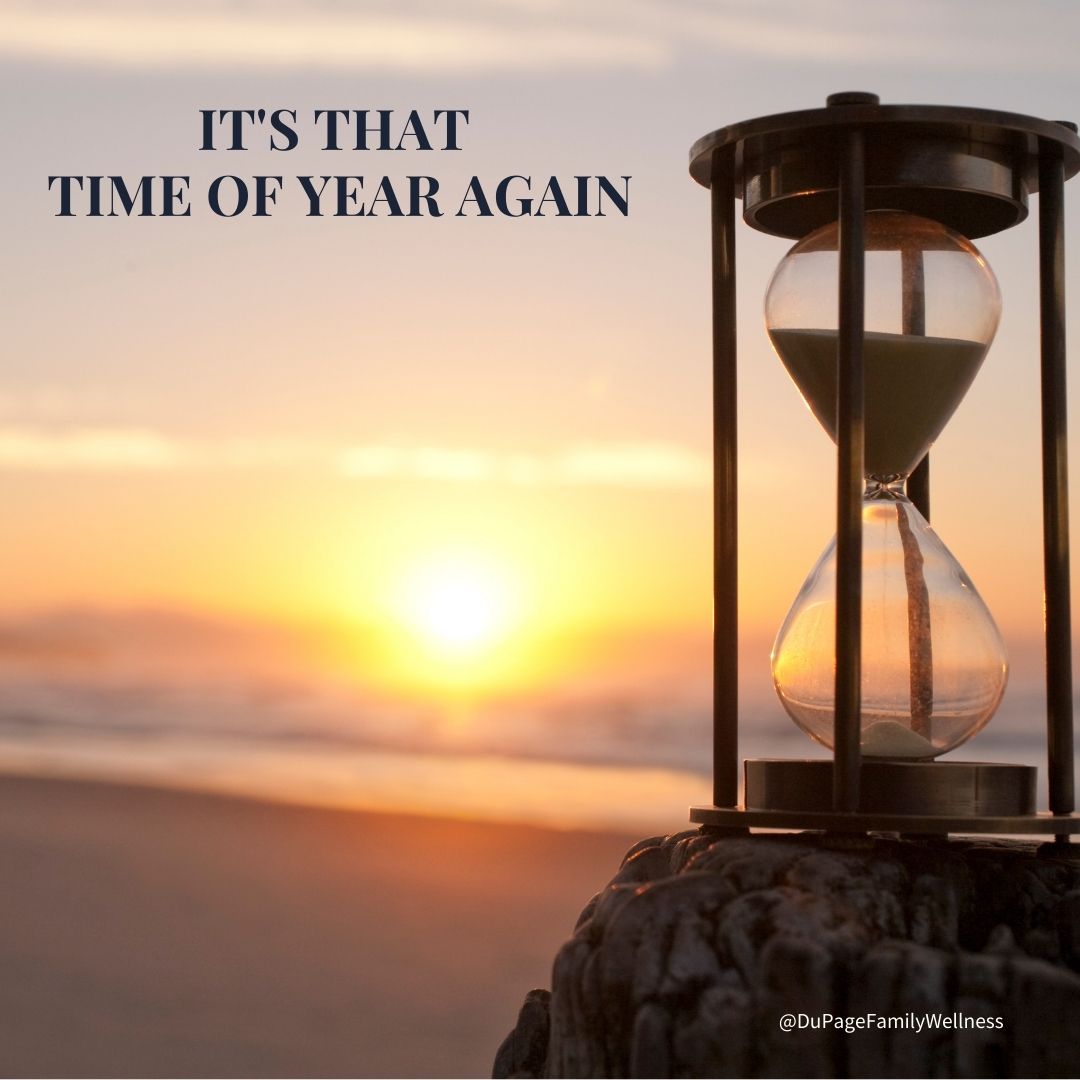 Are you planning to make some new year’s resolutions? Are you looking for tips on how to make lasting change? Or are you someone who has deemed resolutions ineffective and doesn’t even try?
Are you planning to make some new year’s resolutions? Are you looking for tips on how to make lasting change? Or are you someone who has deemed resolutions ineffective and doesn’t even try?
Regardless of which camp you are in today’s blog post is for you. Whether it’s a resolution or simply a small adjustment, behavior change can be REALLY HARD. So today I want to introduce a concept to you that might make shifting things a bit easier.
After exploring this concept, the last part of the blog will be for those interested in making more traditional resolutions stick.
Who Do You Want to Be?
Most of the time when people start to think about making a change they focus on outward behavior. But I want you to take some time to think about something deeper - your IDENTITY.
More specifically who do you WANT TO BE? Do you see yourself as healthy and vibrant? A great mom? A successful entrepreneur? A good friend?
Spend a moment thinking about the person that you want to be. What do they look like? How are their facial expressions? How do they perceive themself? How do those close to them perceive them?
How Does that Person Act?
Now ask yourself how that person acts? What do they eat? How do they move? How are they with their family and others they are close with? Are they afraid to put themselves out there or do they take risks?
If you look at what you WANT your life to be like 5 years from now, it will be a culmination of the tiny habits that you form along the way and do day in and day out.
For me, the person that I want to be eats well. She runs around and plays with her kids with boundless energy. She puts her phone away and is present with her kids in the time she has with them. She is consistent with her message to others, and isn't afraid to put herself out there.
If I want to be her in 5 years, I need to start acting like her today!
Make Small Sustainable Changes
Now that you know who you want to be and what your future self acts like, it’s time to make small achievable goals. Breaking large changes into more manageable steps can motivate you towards success and keep you from feeling overwhelmed.
Hank Ebeling, of H-4 Training, encourages a one-step process for change. In this, you write down 4-5 things that you would like to change. Then rank them starting with what you think would be easiest to accomplish. Make your way down the list, easiest to hardest, with your successes encouraging you along the way.
The feeling you get from accomplishing these goals is energizing and can drive you to further success.
Celebrate Each Step
This brings us to the next trick which can literally help you rewire your brain. Celebration! That’s right, when you celebrate even your littlest accomplishment, you are pairing a pleasant emotion with the action and this can make a big difference in developing habits that stick.
Dr. BJ Fogg, the author of “Tiny Habits,” explains that every time you do the action you set out to do, it is a victory. He encourages you to think through how you can deliberately create a positive feeling in these moments, drawing attention to the accomplishments that you are making.
Perhaps talking to yourself like you would a child - “good job, you did it” - will make you smile. Or you might like to simply state “victory” when you follow through on your new habit.
According to Fogg, “one of the functions of emotion is to rewire our behavior... If you do a new behavior and you feel successful… your brain will take notice.. (and the behavior) will become more automatic.”
Fail Forward
When you begin adjusting the way you live, there will be times when you feel like you are failing. That is okay! According to author C.S. Lewis, "Failures, repeated failures, are finger posts on the road to achievement. One fails forward toward success."
You fail forward when you recognize your mistake and keep persevering in spite of it, knowing that failing is a part of the learning process. In fact, you often learn because you mess up. When you understand the importance of failing, it frees you up to risk, try, fail, and learn more. And it helps you be kinder to yourself.
If you can not embrace your mistakes as a part of learning, you will play it safe. This might keep you from failure, but it will also limit your growth. Whenever your fear of failure holds you back, remember that no one is good at something the first time they try, and remember all the benefits of taking a risk!
I would love to hear about the person you’d like to become and the small changes you will be making along the way. And I’d love to celebrate both your successful moments and failures in the process.
Dr. Jamie

